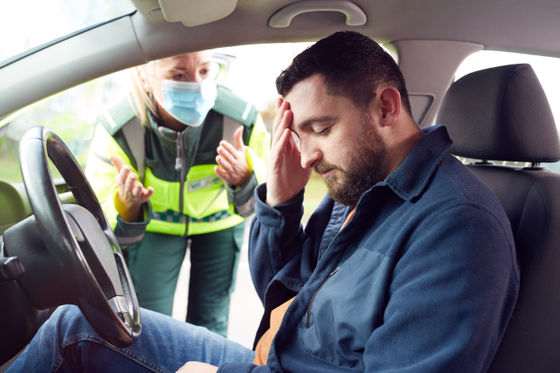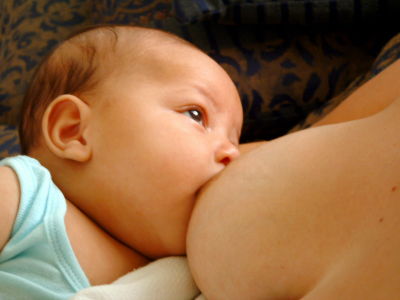Man arrested for drunk driving found not guilty, determined to have a special constitution that allows alcohol to be produced in the body

A Belgian man with a rare condition called 'auto-brewery syndrome (ABS)' - a condition that causes alcohol fermentation in the stomach and intestines, resulting in high levels of ethanol in the blood and making the man drunk even without drinking - has been dismissed by a court for drunk driving. The man's lawyer said it was an 'unfortunate coincidence' that his client, one of only about 20 people in the world with the condition, worked at a brewery.
2. Drinking alcohol can be dangerous, but how can you avoid it? How to get around Brugge in an auto repair shop | VRT NWS: news
Belgian Man Whose Stomach Brews Alcohol Beats Drink Driving Charge: ScienceAlert
https://www.sciencealert.com/belgian-man-whose-stomach-brews-alcohol-beats-drink-driving-charge
Belgian beer worker has drink-drive charge thrown out because he suffers from auto-brewery syndrome, which causes his body to produce alcohol | Daily Mail Online
https://www.dailymail.co.uk/news/article-13339361/belgian-beer-worker-drink-drive-charge-dismissed-auto-brewery-syndrome.html
The man who was charged with drunk driving this time, despite not having been drinking, is a 40-year-old man living in Belgium. The man, whose identity has not been revealed for privacy reasons, was stopped by police in April 2022 and took a breath test, which showed 0.91 mg of alcohol per liter of breath. A test one month later also showed 0.71 mg of alcohol per liter.
According to Belgian law, a person is guilty of drink driving if their breath contains 0.22 mg of alcohol per litre, which is equivalent to a blood alcohol concentration of 0.5 g per litre.

The man had also been suspected of drunk driving in 2019, and although he protested that he had not been drinking, he was fined and his driver's license was suspended. However, in this trial, the man was individually examined by three doctors and was officially diagnosed with 'Auto-Brewery Syndrome (ABS)'. Until this diagnosis, the man was not aware of his condition.
ABS is a rare condition in which carbohydrates are fermented in the digestive tract, causing the body to produce alcohol in a process similar to how beer is made. This can cause intoxication even when the person has not consumed alcohol. Only about 20 people in the world have been diagnosed with ABS.
An even rarer case of alcohol production in the bladder has been discovered in the past.
Alcohol produced in women's bladders - GIGAZINE

Based on the results of the doctor's examination, the court acknowledged that 'there was an act of God not anticipated by law in this case,' and handed down a verdict of not guilty to the man at the trial on April 22, 2024. The prosecution appealed for the man to be declared unfit to drive, but the court also rejected this request. This means that the man can continue to drive a car, but will be punished if he falls into drunk driving. However, the 2019 fine and license suspension were not overturned.
The man's lawyer, Anse Ghesquière, said: 'It was an unfortunate coincidence that my client works at a brewery.'
The man and Mr Ghesquière are now waiting to be formally notified of their acquittal, but if prosecutors are unsuccessful they have one month to appeal.
Since his diagnosis, the man has followed a low-carbohydrate diet to avoid his body producing alcohol, and has also undergone a 'fecal transplant,' in which feces from a healthy donor is transplanted into the patient to change the balance of bacteria in his gut that is causing the disease.
In Belgium in 2020, another man experienced sporadic intoxication over a two-month period despite not having consumed a drop of alcohol, and was diagnosed with ABS after being examined by a doctor.
The man was treated by Ghent University Hospital, who prescribed a low-carbohydrate diet, but after that didn't work, they decided to try a fecal transplant, which worked immediately and showed no signs of recurrence 34 months after the treatment.
Related Posts:






